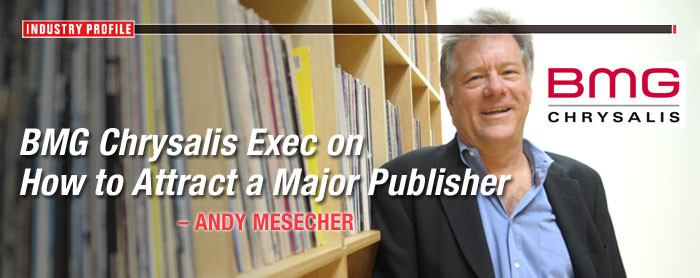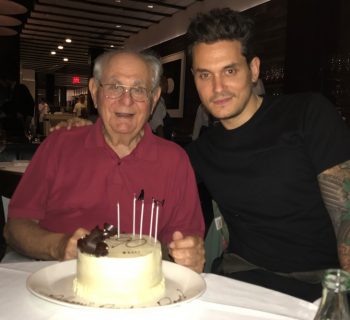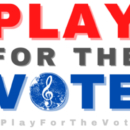Choosing the right publisher for your creative works is no easy feat. Do you go with a successful independent company who can provide intimate service, or do you prefer a major publisher who possesses the ability to tap into any music market around the globe? And if you’re already in a publishing deal, are you sure it’s the right fit for you?
We sat down with David Hirshland who is the Executive VP, Client Services at BMG Chrysalis US to pick his brain about finding the right publisher, what BMG provides its current members and when to begin the publisher search.
Music Connection: What can BMG bring to the table for an up-and-coming artist?
David Hirshland: It boils down to two basic functions a publisher provides: Collection and exploitation. For up-and-coming artists/writers who are working through this digital world and building a fan base through social media, there’s not a whole lot a publisher can do as far as collection. ... Therefore, a publisher is not really necessary except for the exploitation. The only area that BMG can really move the needle for an artist like that is synchronization. We look for a certain quality that a third party licensing community is looking for in synchs. If we hear something in the music that leads us to believe we’re going to have success there, then we would love to have a discussion about working together and moving forward. In addition, BMG provides a hands-on, partnership approach which is attractive to developing acts
MC: Why is BMG selective in who it represents?
Hirshland: The problem is that everyone wants the same amount of attention—and they deserve it. Of course we need to continue to sign up-and-coming writers because it’s our lifeblood, and there is tremendous talent out there, but you have to be able to commit to someone that you’re going to be there in the long haul through thick and thin. If you’re not answering people’s phone calls and you don’t have time to deal with them, it’s not fair to bring them in.
MC: How can an artist get BMG’s attention?
Hirshland: Almost 99% of the time, we’re not going to approach, talk to or explore working with a songwriter who is not referred to us by someone we know and trust in the industry. Your first real step, honestly, is to get that key attorney, manager, fellow artist to sponsor you in a way. If I hear from one of my writers, “Hey this kid is awesome, check him out!”—and it happens all the time—that’s your best road in. If you’ve got enough going on, you’re at the stage where you’re building a following of people [then let’s work together]. Don’t forget, for us it’s not about “We’ve got this following and a great live show.” It’s really about the staying power of the song.
MC: Does BMG offer more than just distribution, i.e. songwriter sessions, camps, meet ups, etc.?
Hirshland: Absolutely, we arrange plenty of co-writing sessions for our roster and are always exploring new opportunities for them. We have an entire department that is constantly putting not just established writers but new writers together with some of our writers. [We’ll even send] writers to other publishers if we think it’s a good match. We have people here with great connections that are looking for the next artist who can contribute to that.
MC: Do major publishers like BMG have to handle the negative stereotypes that major labels deal with in today’s DIY market?
Hirshland: BMG is a company that handles nearly two million copyrights at this point. It’s not the size of the SONY EMI empire by any means, but it is still a lot of songs to take care of. If I am talking to a writer, [I’ll inform them] that there are good independent music publishing companies out there and it often does make more sense [to join them]. If it is someone that I think is mature, ready and would fit very nicely into our system then of course, I’m going to bring them on board. BMG was designed to provide comprehensive support to songwriters and artists during any stage of their career.
MC: How does the company’s many offices play a role?
Hirshland: The beauty of this company is our global reach. We have a very strong international team who excel at collection—BMG has built an incredible system. Because of that you’re going to get the advantages you don’t get with independent or major publishers and if, on top of that, I think my creative team will spend the time needed to really absorb the catalog of somebody and pitch it to really exploit it, then I’m going to let them know and say, “This is the right place for you.”
MC: Any advice for songwriters?
Hirshland: Don’t write for the market. Write from your heart. Don’t write songs that you think people are going to like, or sounds like a certain artist so it will be a hit. Follow your heart and follow your muse. Write songs that mean something to you. Good songs are found. Good songs will come out. The only good songs are the ones that are genuine and the ones that come from that place within your creative spirit that needs to be nourished.
Contact Hirshland via http://bmgchrysalis.com











